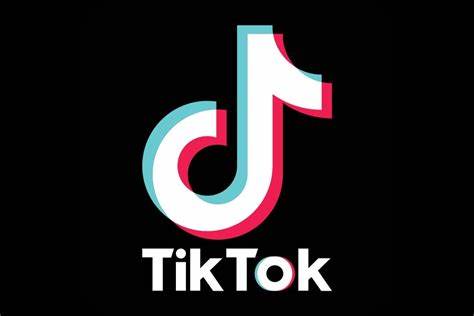U.S. President Donald Trump is set to issue a fresh 90-day extension for TikTok to secure a non-Chinese buyer, the White House announced Tuesday, marking the third delay in enforcing a looming ban on the popular social media platform.
The original deadline, set under a federal law mandating the sale or restriction of TikTok over national security concerns, was due to take effect just a day before Trump’s January inauguration.
“President Trump will sign an additional Executive Order this week to keep TikTok up and running. As he has said many times, President Trump does not want TikTok to go dark,” Press Secretary Karoline Leavitt said.
“This extension will last 90 days, which the administration will spend working to ensure this deal is closed so that the American people can continue to use TikTok with the assurance that their data is safe and secure,” she added.
Trump, whose 2024 re-election campaign made heavy use of social media platforms, has previously expressed some affection for the app. “I have a little warm spot in my heart for TikTok,” he said in an NBC interview in May. “If it needs an extension, I would be willing to give it an extension.”
National Security or Political Play?
Trump had earlier pushed for a ban or forced divestment of TikTok’s U.S. operations, citing fears over data security and ByteDance’s ties to the Chinese government. But his tone shifted following the election, with analysts suggesting his view softened after recognising the platform’s influence among younger voters.
“I’m not really motivated to do anything drastic to TikTok,” said Trump ally and tech analyst Rob Enderle. “Unless they end up crossing him, TikTok is probably going to be in pretty good shape.”
Trump had previously noted that a buying group was prepared to pay “a lot of money” for TikTok’s U.S. business, though details have remained scarce.
ByteDance, TikTok’s Beijing-based parent company, confirmed it has been in dialogue with U.S. authorities and acknowledged that key aspects of any deal remain unresolved. Any agreement, it noted, would also require Chinese government approval.
Geopolitical Symbol
The tensions around TikTok reflect deeper concerns over digital sovereignty and technology rivalry between the U.S. and China.
“Tiktok has become a symbol of the US-China tech rivalry; a flashpoint in the new Cold War for digital control,” said Shweta Singh, an assistant professor of information systems at Warwick Business School.
A prior executive order had already delayed the ban by 75 days when Trump took office, with another extension granted until June 19.
Tariffs and Stalled Talks
Trump has suggested that talks on TikTok’s sale may have been derailed due to disputes over tariffs he imposed on China. ByteDance’s negotiations reportedly involve U.S.-based investors rolling over their stakes into a new independent entity, possibly alongside new backers such as Oracle and Blackstone.
Oracle already hosts most of TikTok’s U.S. data and its chairman, Larry Ellison, is a known Trump supporter.
A major sticking point remains over TikTok’s powerful recommendation engine, a key component of its global appeal. “TikTok without its algorithm is like Harry Potter without his wand — it’s simply not as powerful,” said Kelsey Chickering, a principal analyst at Forrester.
Business Continues at TikTok
Despite the ongoing uncertainty, TikTok has not slowed down its innovation. Just this week, the company rolled out “Symphony,” a suite of generative AI tools aimed at helping advertisers turn text and images into short-form video content for the app.
As the clock ticks on the new 90-day extension, the future of TikTok in the U.S. remains uncertain, yet unmistakably central in the evolving tech tensions between Washington and Beijing.



